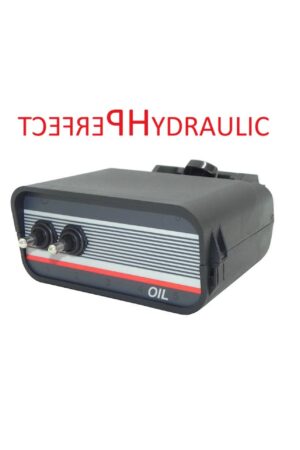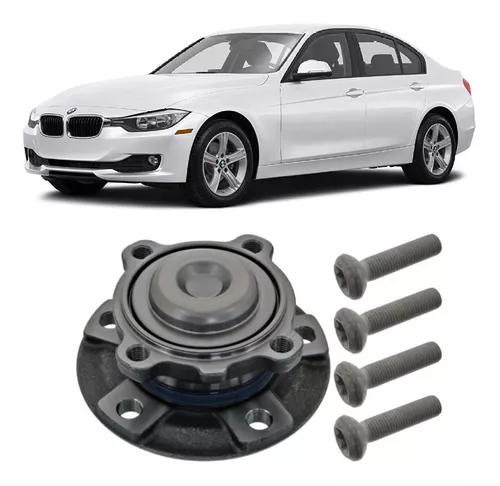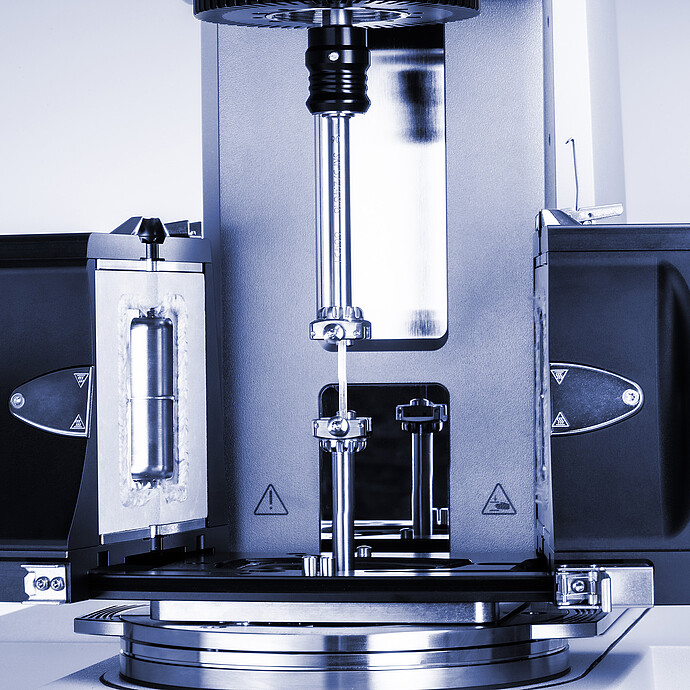
Temperature devices ideally suited for rheological measurements on melts, solids (torsion), and extensional rheology.
Perfect temperature control for measurements on melts and solids (DMA) and extensional rheology on films and fibers – the convection temperature devices for the MCR rheometer series make it happen. Due to their symmetric design, they guarantee an absolutely homogeneous temperature distribution and thus accurate and stable temperature control in all measuring systems, from parallel plates to solid bar fixtures, for optimal results when measuring polymer melts, glass melts, salt melts, metal melts, and solids. With their innovative design and comprehensive range of accessories, the convection temperature devices are a must for experienced rheologists.
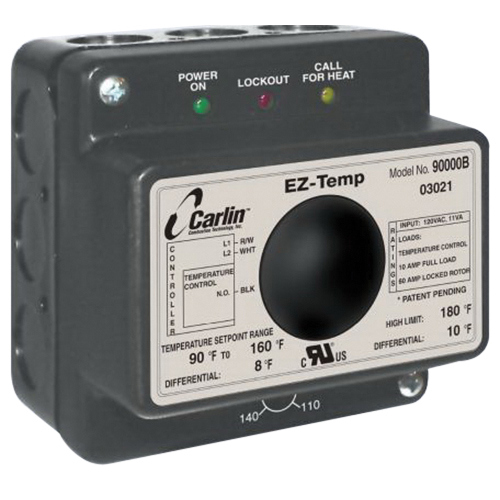
90000B10S , Carlin Parts 90000B10S , Carlin Heating Parts

Temperature sensors by PYROCONTROLE 2nd edition by CHAUVIN ARNOUX GROUP - Issuu
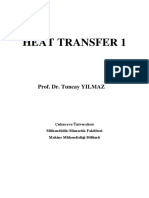
Heat Transfer, PDF, Heat Transfer

Power at maximum power point and conversion ef fi ciency of III e V

Heat Transfer, PDF, Heat Transfer

Daniela Ehgartner posted on LinkedIn
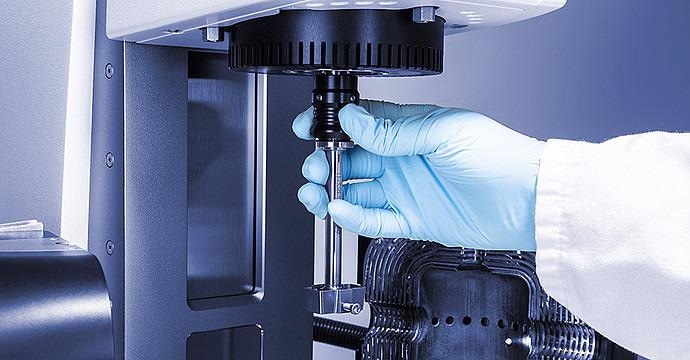
The MCR 702e Multidrive for Dynamic Mechanical Analysis : Quote, RFQ, Price and Buy

Cooling and Heating Temperature Controller, Digital Temperature Controller, ABS Flame Retardant Plastic Shell ‑50℃ to 110℃ Cooling, Convection Ovens (12V) : : Industrial & Scientific

Comparison of pool boiling performance for plain micro-fins and micro-fins with a porous layer - ScienceDirect

Emerson 16E09-101 Electronic Temperature Control : : Industrial & Scientific
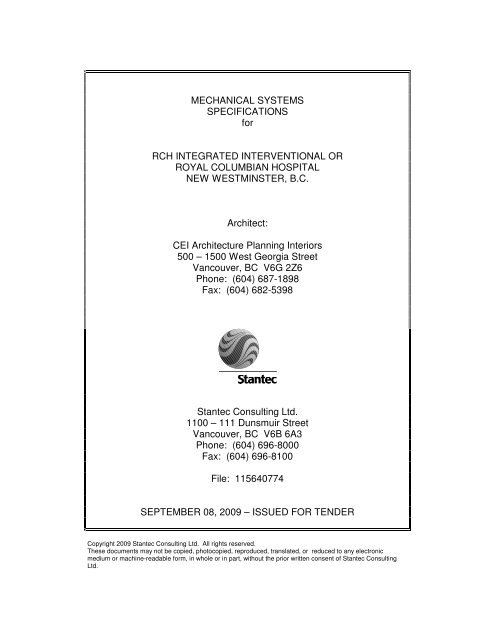
MECHANICAL SYSTEMS SPECIFICATIONS for - Fraser Health
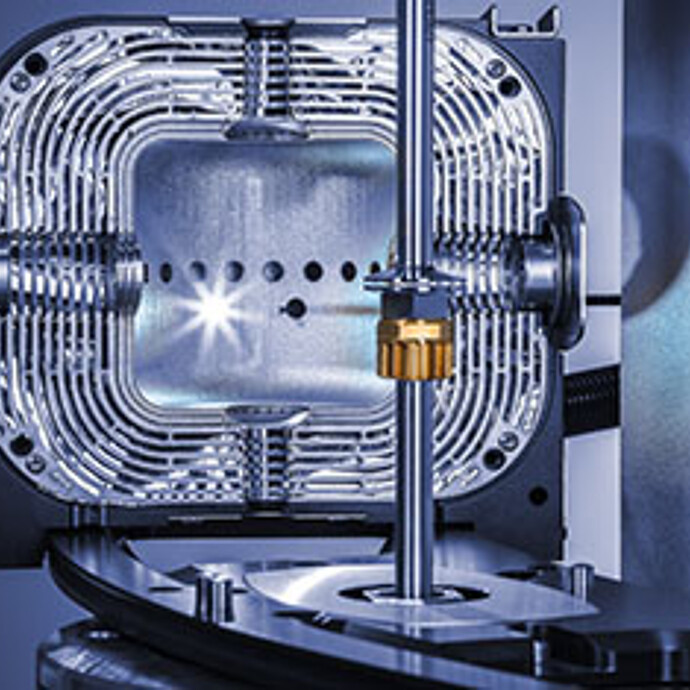
Temperature Control: Convection Temperature Devices (-160 °C to +1000 °C)

A review on thermal energy storage using phase change materials in passive building applications - ScienceDirect

Performance analysis of a heat pipe PV/T system with different circulation tank capacities - ScienceDirect
